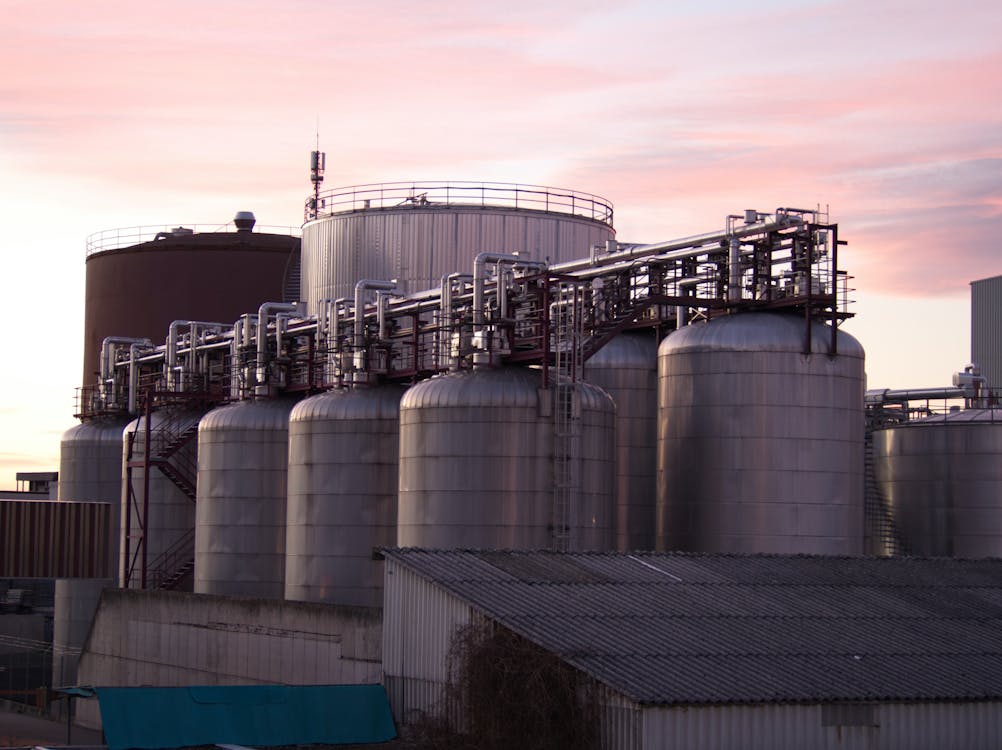Fuel storage solutions have evolved significantly in recent years. As businesses and industries strive for efficiency, the need for tailored fuel storage options has become more pronounced. Choosing the right tank can make all the difference in terms of safety, accessibility, and cost-effectiveness.
Customizable tank solutions allow companies to adjust their storage capabilities based on specific needs so that they are prepared for various situations.
Read on to explore the various aspects of fuel storage, highlighting the advantages of customizable tank options and how they can streamline operations for businesses of all sizes.
The Importance of Customizable Fuel Storage Solutions
Fuel storage is not a one-size-fits-all scenario. Each business has unique requirements based on its operations, location, and available space. Customizable fuel storage ensures that businesses can implement a solution that fits seamlessly with their operations. The tank size, type, and installation location can all influence storage efficiency and safety. Businesses can adjust various configurations to accommodate fluctuating demands and regulatory requirements. Fuel storage tanks like those at Unity Fuel can result in cost savings in both installation and maintenance. These providers offer options that cater to diverse needs, making fuel storage simpler and more manageable than ever.

Types of Fuel Tanks Available
Understanding the various types of fuel tanks available can help you make informed choices. There are generally two categories: above-ground tanks (AST) and underground tanks (UST). Above-ground tanks are often easier to install and maintain, suitable for many industrial and commercial applications. These tanks are typically more visible, allowing for quicker inspections. Underground tanks, however, tend to be more space-efficient and reduce the risk of environmental contamination, especially in densely populated areas.
The choice between fixed or portable tanks can further customize fuel storage based on accessibility and mobility needs. Assessing which type of tank aligns best with operational goals can improve fuel management efficiency.
Factors to Consider When Choosing a Fuel Tank
When selecting a fuel tank, take into account several key factors. First, the tank’s capacity needs to align with the expected fuel consumption of the business to avoid frequent refills. Even understanding the regulations governing fuel storage in the local area can vary significantly from one jurisdiction to another.
The physical space available for installation will affect the tank size and type. Environmental conditions, such as climate and soil type, may influence tank selection and installation methods. Consider the safety features of the tank, including spill containment and leak detection systems. Balancing these considerations can lead to a safer and more efficient fuel storage solution.
The Role of Technology in Modern Fuel Storage
Technology has transformed the landscape of fuel storage, allowing for enhanced tracking, monitoring, and management. Advanced monitoring systems can provide real-time data on tank levels, usage patterns, and potential leaks, improving safety and efficiency. Fuel management software aids in streamlining operations by offering insights into consumption trends and forecasting future needs.
Automated refilling systems can minimize the risk of running out of fuel, ensuring that operations remain uninterrupted. Remote monitoring and alerts also contribute to proactive maintenance, allowing businesses to address issues before they escalate. Embracing technology in fuel storage simplifies management and provides businesses with valuable analytics that can drive decision-making processes.
Advantages of Customizable Solutions
Opting for customizable fuel storage options carries numerous advantages. Flexibility is the most notable benefit, as these systems adapt to changing operational needs without significant additional costs. Such adaptability helps businesses thrive in fluctuating markets so that they are prepared for unexpected challenges.
Tailored solutions can enhance safety and regulatory compliance by addressing specific environmental and operational requirements. Custom tanks may come equipped with advanced safety features designed to prevent spills and leaks, ultimately reducing liability risks. Enhanced customer support ensures that businesses have the resources they need to maintain ideal storage conditions. A customizable approach provides companies with the stability and assurance required for their fuel storage.
Best Practices for Fuel Tank Maintenance
To maximize the benefits of fuel storage, you must implement a robust maintenance routine. Regular inspections should include checking for leaks, and corrosion, and assessing the condition of safety features. Cleaning the tanks periodically prevents build-up that could lead to blockages and reduces contamination risks. Businesses should maintain accurate records of fuel transactions and maintenance activities to ensure that regulatory compliance is met.
Creating a routine schedule for replacing filters, hoses, and safety equipment extends the tank’s lifespan and enhances reliability. Educating staff on proper fuel handling practices can further minimize risks, ensuring a comprehensive approach to safety and efficiency. Regular maintenance enhances the longevity of fuel tanks and supports a safe working environment.

Customizable fuel storage tanks represent a significant leap forward in the management of fuel resources. By understanding the various tank types, essential factors in selection, the role of technology, and the benefits of tailored solutions, businesses can make informed decisions that optimize their operations. Maintaining these systems with best practices ensures they operate effectively and safely.






